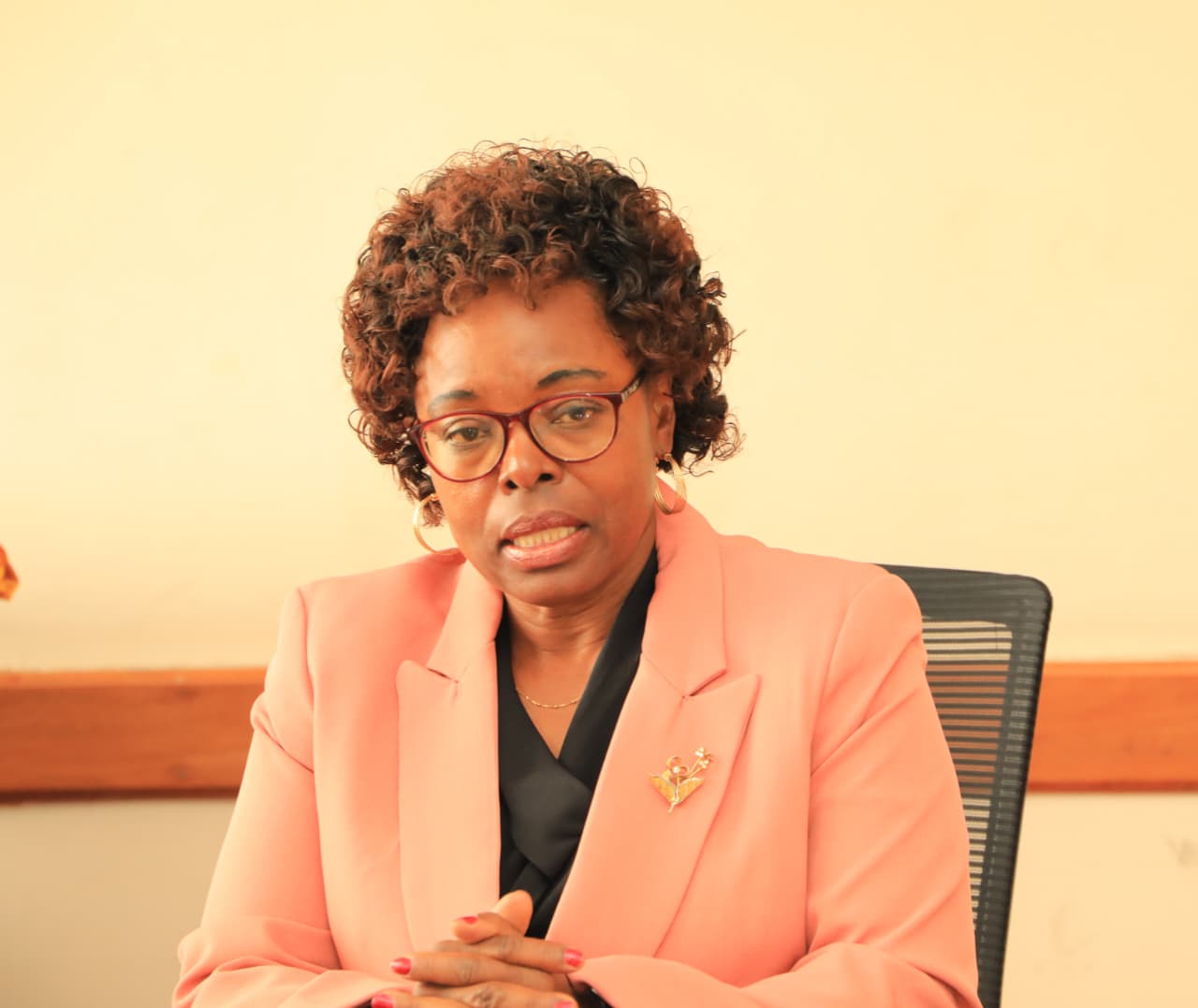Alarm as civil servant mental health cases soar from 4,000 to 14,000 annually

To combat the crisis, Gathecha outlined several government initiatives aimed at supporting affected employees.
The State Department of Public Service has revealed that mental health cases among civil servants have surged dramatically, tripling over the past four years.
The department’s recent report indicates that the number of government employees experiencing mental health challenges has risen from 4,000 at the peak of the COVID-19 pandemic to approximately 14,000 annually.
More To Read
- Medical cannabis under scrutiny as new evidence highlights limited benefits and real risks
- Gen Z redefines freedom as Kenya marks 62 years of independence
- MPs ditch SHA, the public health scheme they once praised, and opt for private cover
- Kenya’s maternal mortality ‘a crisis that cannot be ignored’, MP Nyikal warns
- Violence is a normal part of life for many young children: Study traces the mental health impacts
- When birth brings heartbreak: Mothers share their stories of children with deformities
Principal Secretary for Public Service Amos Gathecha highlighted the concerning trend on Wednesday during the 28th Annual National Human Resource Management (HRM) Conference, organised by the Institute of Human Resource Management (IHRM) in Naivasha.
He attributed the sharp increase to economic hardships, low wages, and growing familial pressures, which he said have intensified mental strain among civil servants.
Gathecha warned that the rising mental health challenges are leading some officers into severe depression, with cases of alcoholism and even suicide becoming more frequent among civil servants.
“We have seen the number of civil servants suffering from mental health rise with 14,000 cases recorded last year, and this could rise further this year,” he said.
To combat the crisis, Gathecha outlined several government initiatives aimed at supporting affected employees, including setting up new counselling centres in all Huduma centres nationwide to provide psychological assistance to civil servants in need.
Additionally, the government is developing medical coverage under the Social Health Insurance Fund (SHIF) to ensure that all civil servants have access to mental health support.
 State Department for Public Service PS Amos Gathecha addresses over 800 HR professionals at the 28th annual National HR conference in Naivasha on Wednesday, October 30, 2024. (Photo: Ministry of Public Service)
State Department for Public Service PS Amos Gathecha addresses over 800 HR professionals at the 28th annual National HR conference in Naivasha on Wednesday, October 30, 2024. (Photo: Ministry of Public Service)State Department for Public Service PS Amos Gathecha addresses over 800 HR professionals at the 28th annual National HR conference in Naivasha on Wednesday, October 30, 2024.
“We have several policies that are meant to improve the working conditions for civil servants, like working in a dignified environment,” Gathecha added.
He also challenged human resource practitioners to prioritise ethical standards and integrity within their roles, emphasising that these values are key to enhancing productivity across the public sector.
Adding to this call for integrity, IHRM Executive Director Quresha Abdullahi announced that the institute has partnered with the Ethics and Anti-Corruption Commission (EACC) to launch a specialised Ethics in Human Resource Management curriculum.
Quresha explained that the curriculum is part of IHRM's commitment to instilling ethical practices among HR professionals, which she believes will have a transformative impact on workplace culture.
“We are working with EACC on issues of integrity at the workplace, and we are asking the government to make sure that human resources officers adhere to IHRM policies,” Quresha said.
EACC Deputy CEO Abdi Mohammed echoed this commitment, noting that the new curriculum will equip HR officers to tackle integrity issues effectively. He explained that the EACC’s investigations have shown that graft issues often stem from unprofessional conduct within various departments.
“This new Ethics in Human Resource Management curriculum will come in handy in addressing issues of graft and ethics in government agencies,” Abdi said.
The collaborative efforts between IHRM and EACC are expected to build capacity within the public sector, aiming to foster a work environment where ethics and accountability are central to public service delivery.
Top Stories Today














































